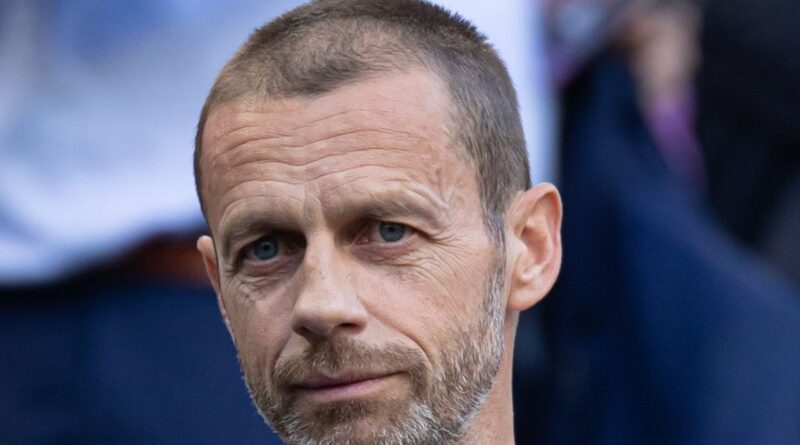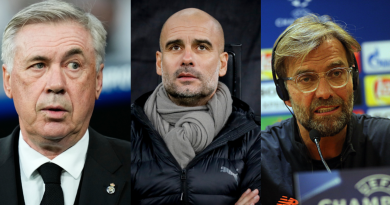UEFA in big legal issues regarding Champions League format
As the Champions League’s new “Swiss model” faces a multimillion-pound lawsuit, the sport finds itself asking an uncomfortable question: when does innovation stop being creativity and start becoming corporate theft?
A bold change meets a bitter claim
When UEFA launched its revamped format last season, it was billed as a revolution. Gone were the eight familiar groups of four. In their place came one single league table, featuring 36 clubs, each playing eight matches against different opponents.
It was supposed to make the early rounds more dynamic, less predictable, and commercially more appealing.
But now that “Swiss model” has become the centre of a legal dispute that could cost UEFA £18 million.
Read also: The Highest-Paid Football Stars in Europe’s Top Leagues
The Chilean sports consultancy MatchVision, led by Leandro Shara, claims the entire system was copied from a concept he first presented to UEFA in 2013.
Shara insists the algorithm and structure belong to him, and that FIFA itself has acknowledged his intellectual property rights.
“I am the creator of the format,” he told The Sun. “And FIFA has recognised its intellectual property rights and the algorithm that develops it.”
When ideas become property
What makes this case fascinating is not just the potential payout, but what it represents. Can someone really own a tournament structure? Should a format that essentially organizes fixtures and results be treated like software code or a patented machine?
Read also: How long Hakimi will be out for after Diaz tackle
UEFA, of course, has declined to comment. But the silence is telling.
The organization has spent years defending its authority, first from the Super League rebels, now from an independent inventor who says they stole his work. In both cases, the story is the same: who really controls football’s future, its fans, its innovators, or its institutions?
Innovation or imitation?
As a fan, I can appreciate UEFA’s attempt to modernize a competition that has sometimes felt repetitive. But as a writer, I can’t ignore how often the sport’s governing bodies seem to confuse inspiration with appropriation.
If Shara truly presented this model more than a decade ago, then UEFA’s “innovation” may just be the latest example of big organizations treating creativity as something free for the taking.
Read also: The Most Famous Celebrity Fans of Every Premier League Club
Yet there’s also another truth, that football’s evolution was always going to create tension between originality and ownership. Once data, algorithms, and broadcasting rights enter the equation, the sport stops being just a game, it becomes a global product managed like a tech platform.
The soul of the game
Perhaps this case is about more than one man’s claim. It’s about how football decides what progress looks like. Can you patent competition itself? Should the game’s next chapter be written in courtrooms instead of stadiums?
Maybe the real problem isn’t that UEFA borrowed an idea. Maybe it’s that the modern game has forgotten how to celebrate ideas in the first place.
Sources: The Sun, Transfer News Live
Read also: Vinicius Jr’s future at Real Madrid uncertain amid rift with Xabi Alonso
Read also: The Highest-Paid Young Players in the Premier League




